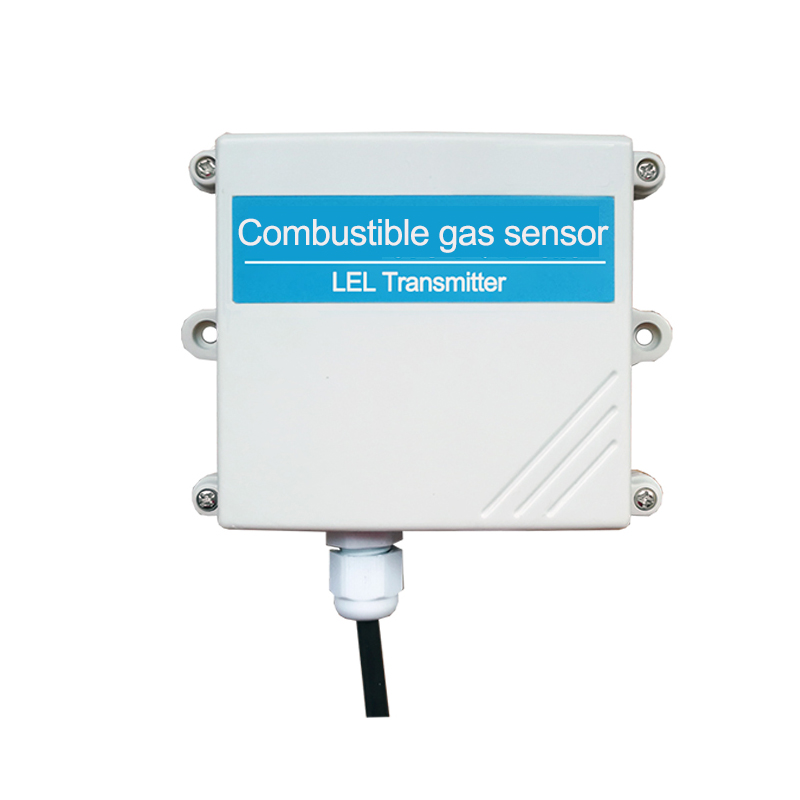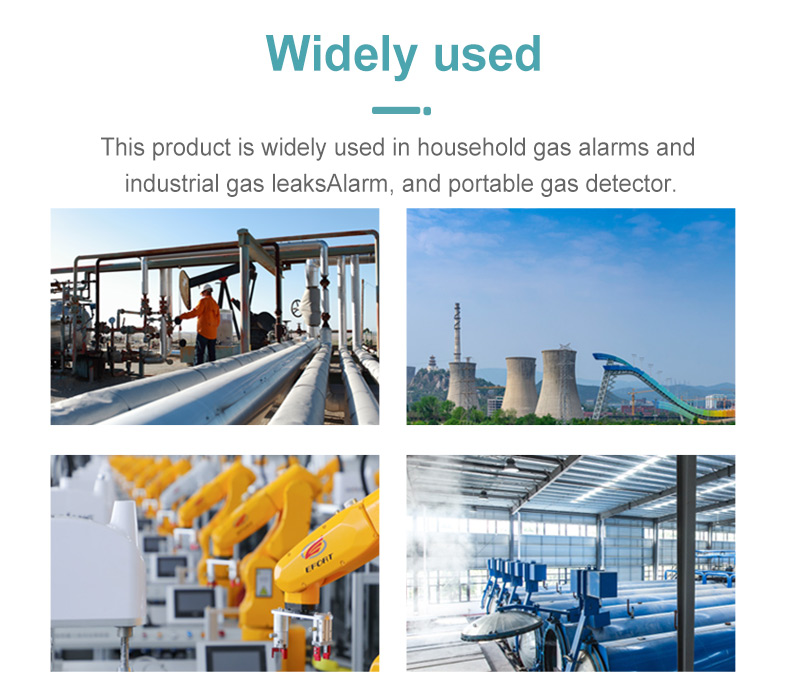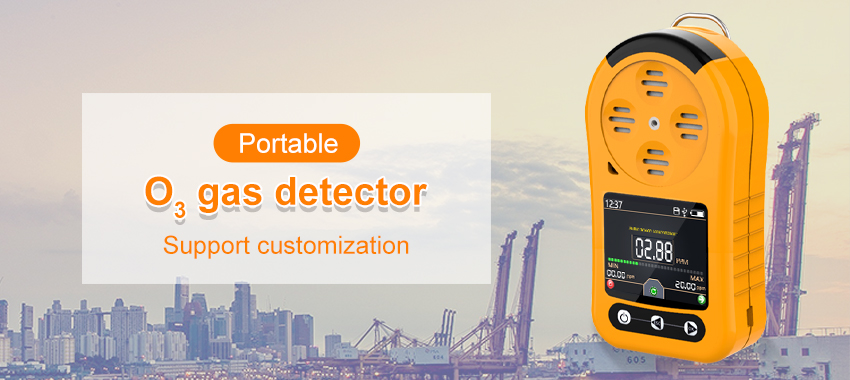Gas sensor play a critical role in various industries by ensuring safety, detecting hazardous gases, and optimizing operational efficiency.

Importance of Gas Sensors:
Gas sensor are essential devices employed to detect and measure the presence of hazardous or toxic gases in the environment. They are widely used in industries such as manufacturing, oil and gas, mining, and automotive to prevent accidents, protect human life, and minimize damage to property. Gas sensors provide real-time monitoring capabilities, enabling prompt responses to gas leaks or abnormal gas concentrations.
Working Principles of Gas Sensors
Gas sensors employ various technologies to detect and measure different types of gases. Some common gas sensing technologies include electrochemical, semiconductor, infrared, and catalytic bead sensors. Each sensor operates based on distinct principles, but they all work towards the common goal of detecting specific gases reliably and accurately.

Electrochemical sensors: These sensors utilize an electrical signal that reacts between the target gas and the electrode in proportion to the concentration of the gas.
Semiconductor sensors: changes in the conductivity of metal oxides in the presence of the target gas. These sensors react with gas sensing elements, thereby producing a measurable signal.
Infrared sensors: These sensors measure the absorption of infrared radiation from the target gas and identify the gas by its unique infrared absorption spectrum.
Catalytic bead sensors: Employing a heated catalyst, these sensors detect combustible gases by measuring the heat generated as a result of gas oxidation on the catalytic surface.
Safety Enhancement with Gas Sensors:
Gas sensor significantly contribute to enhancing safety measures in various industries:

a. Early detection of gas leaks: gas sensors can quickly detect and alert personnel of the existence of gas leaks. Thus, rapid evacuation and preventive measures are achieved. This capability is critical in industries dealing with combustible or toxic gases to reduce risk.
b. Worker protection: Gas sensors continuously monitor the worker’s environment. Ensure rapid detection of hazardous gases and protect workers from exposure to hazardous substances.
c. Environmental safety: Gas sensors help to monitor and control emissions and prevent the release of harmful gases. This plays a crucial role in maintaining environmental sustainability and complying with environmental regulations.
Operational Efficiency Optimization:
Gas sensors also contribute to enhancing operational efficiency in various industries:
a. Process optimization: By continuously monitoring gas concentrations, gas sensors enable adjustments to operational processes to ensure optimum efficiency, reduce waste, and minimize energy consumption.
b. Predictive maintenance: Gas sensors can detect abnormal gas levels that may indicate equipment malfunction or degradation. This enables proactive maintenance, minimizing downtime, and optimizing the performance of critical assets.
c. Quality control: In the food industry, precise gas concentrations are required. Gas sensors play a vital role in ensuring product quality by monitoring gas levels during the manufacturing process.
Conclusion:
Gas sensor are indispensable devices for ensuring safety, detecting hazardous gases, and optimizing operational efficiency in various industries. By employing different sensing technologies, they provide real-time monitoring, enabling prompt responses to gas leaks or abnormal gas concentrations. Gas sensors enhance safety measures by detecting gas leaks early, protecting workers, and ensuring environmental safety. Additionally, they optimize operational efficiency by enabling process optimization, facilitating predictive maintenance, and ensuring quality control. The adoption of gas sensor technology is important for industries that raise safety standards and increase productivity.